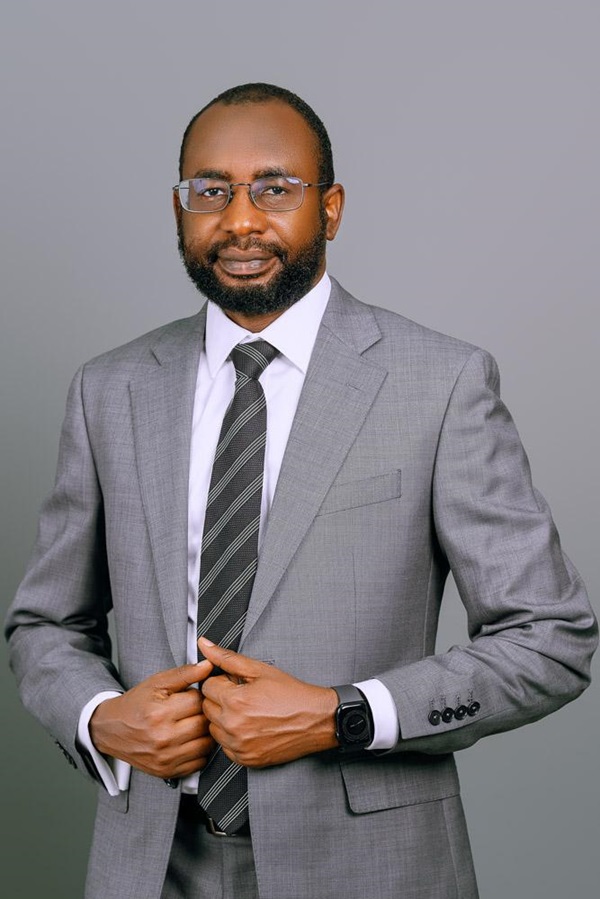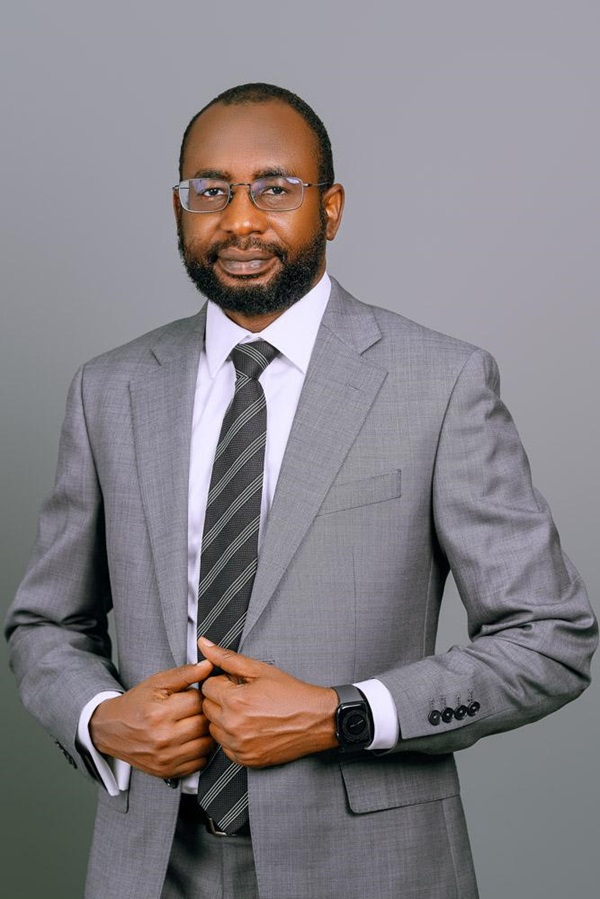– Advertisement –
– Advertisement –
– Advertisement –
– Advertisement –

The director-general of the National Information Technology Development Agency (NITDA), Mallam Kashifu Abdullahi has called on African nations to collaborate in building shared artificial intelligence (AI) infrastructure, insisting that the continent must lead and not trail behind in the ongoing Fourth Industrial Revolution.
Speaking at the opening of the Gulf Information Technology Exhibition (GITEX) Nigeria Conference 2025 in Abuja, Abdullahi said Africa must not repeat the mistakes of previous industrial revolutions, where it played a marginal role. He argued that the current wave of AI-driven disruption presents a rare opportunity for the continent to transition from being a consumer of imported technology to becoming a global driver of innovation and digital growth.
“Any country left behind in this AI revolution risks catastrophe while those who lead will shape the world,” Abdullahi declared.
He cited findings from global research firm Epoch AI which project that automation and AI adoption could increase global economic growth by 20 per cent, potentially doubling the size of the world economy within five years. According to him, such forecasts underscore the urgency for Africa to build AI capacity.
“AI is not just another technology trend,” he said. “It is the engine that will power productivity, reshape industries and redefine global competitiveness. For Africa, the stakes are even higher. This is our chance to leapfrog traditional development pathways and secure a strong position in the global digital economy.”
To achieve this, Abdullahi outlined four pillars for Africa’s AI agenda. The first is human capital development, which requires harnessing the continent’s vast youth population through initiatives such as Nigeria’s 3 Million Tech Talent programme and the Digital Literacy for All scheme. The second is infrastructure, which includes expanding connectivity, building modern data centres and investing in high-performance computing to ensure African data is processed locally and sovereignty is preserved. The third is policy and legal frameworks that foster innovation while ensuring ethical adoption.
He noted that Nigeria, under the leadership of the Minister of Communications, Innovation and Digital Economy, Dr Bosun Tijani has already begun drafting a national AI strategy that could serve as a model for other African countries. The fourth is an enabling ecosystem that supports startups, strengthens research institutions and encourages partnerships with global technology companies. Inuwa revealed that Nigeria has already provided funding for 45 AI-focused startups to accelerate innovation.
The NITDA DG also stressed the importance of developing local large language models (LLMs) that reflect Africa’s diverse cultures, languages and values. Without deliberate effort, he warned, African voices risk being erased from the digital future.
“Our languages, histories and values must not be erased in the next wave of technological change. We need African LLMs that can tell our stories and preserve our cultural heritage in the age of AI,” he said.
Abdullahi concluded with a call for unity, stressing that collective effort is essential to positioning Africa as a serious global competitor in AI. “The Fourth Industrial Revolution is not a spectator sport,” he cautioned. “It is a global contest of ideas, infrastructure and innovation. Africa must compete and the only way to compete is together.”
In his address, Tijani urged African countries to adopt AI as a key enabler of productivity, competitiveness and job creation. He cautioned that Africa could be left behind if it does not fast-track AI adoption across critical sectors of the economy.
The minister noted that countries already leveraging AI are recording exponential gains in agriculture, finance, logistics and education, while many African economies still depend on guesswork and outdated practices. “AI will widen the productivity gap between nations. Countries that are already ahead will move even faster, while those still catching up will find it even more difficult,” Tijani said.
Earlier, delivering her opening remarks, the executive vice-president of the Dubai World Trade Centre, Trixie LohMirmand called for deeper global collaboration to ensure Nigeria secures a central place in the AI economy.
“Nigeria is not defined by the headlines or its current challenges, but by the scale of opportunities of tomorrow. Those who stay the course are the future of Africa,” LohMirmand said.
She highlighted the role of GITEX as a global ecosystem of technology stakeholders, investors and innovators, stressing that Nigeria must “claim its seat at the global digital table.”
LohMirmand reaffirmed DWTC’s commitment to Africa, noting that GITEX Nigeria would provide a platform for startups, SMEs, and innovators to access global partnerships and compete internationally.

Related
– Advertisement –





